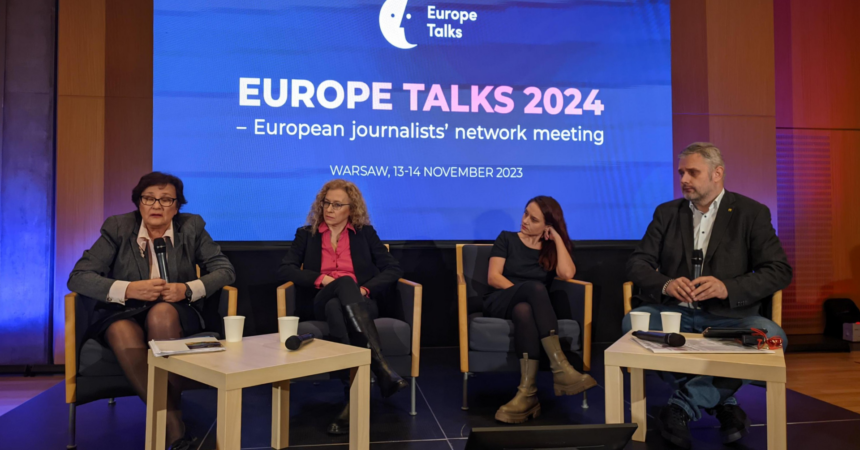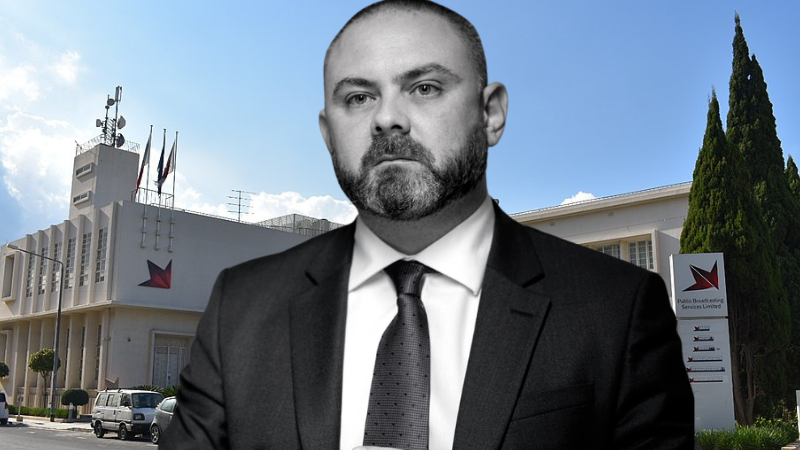The European Union and member states need to change their attitude towards refugees and economic migrants, according to a panel of migration experts at a media conference in Warsaw on Tuesday.
At the headquarters of Poland’s largest daily, Gazeta Wyborcza, and hosted by EU-funded discussion platform Europe Talks, Tuesday’s panel comprised human rights advocates, migration researchers, and investigative reporters.
Discussing the outgoing populist Polish government’s fearmongering toward migrants, the panel of experts described how “Poland is not an outlier” as the EU itself is “still trying to build a fortress Europe”.
The panel called for approaches that better respected migrants’ human rights and improved integration policies.
Being an EU border state like Malta, Poland has faced several migratory pushes on its borders, notably those with Belarus and, more recently, Ukraine. Along with other EU member states, it has also seen an increase in migrants and refugees from Africa and Southeast Asia over the last few years.
Lawyer and human rights advocate Hanna Machińska characterised social clashes arising from migration as “a problem of mentality”, noting how Polish public opinion of Ukrainian migrants was much more positive than that of Belarusians.
Investigative journalist Claudia Ciobanu highlighted the role of governments in shaping public opinion with the panel referencing a press conference held by the outgoing PiS government in 2021, which implicated Belarusian migrants in terrorist acts, extremist views and criminal activity.
PiS was accused of fearmongering and creating an “atmosphere of danger.”
The panel decried the former government’s role in criminal pushbacks against migrants, and panel moderator and Gazeta Wyborcza Editor Bartosz Wieliński said the pushbacks claimed the lives of at least 55 migrants in the last three years.
The Maltese government has also been implicated in several mass pushbacks, leading to hundreds dead just this year as they regularly employ “non-response tactics” with migrants in need of assistance inside Malta’s search and rescue zone.
Political scientist and migration researcher Dominika Pszczółkowska noted how the EU, in general, was unprepared for climate refugees.
Pszczółkowska raised additional issues EU societies face, such as ageing populations, noting how foreign labour migrants prop up societies facing this issue.
Over the past months, Malta has introduced several measures to counter economic migrants and refugees. The government has been criticised for lacking consultation with industry stakeholders, who have sounded the alarm on the labour void such measures will create.
Pszczółkowska concluded that the EU and its member states must rethink their “walls up” approach with more thorough and sustainable migration policies. Such policy would need to include improved burden sharing between states and integration policies, “a must” for the success of a multicultural Europe.












